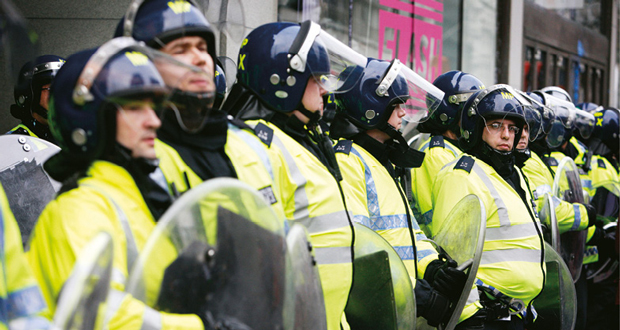TIGHTENING UP THE RULES
Unfortunately, most companies are simply not fully aware of the measures they should take to protect themselves and their customers from potential criminal attacks. The Protect Duty will likely impose an obligation on companies in both the public and private sectors to assess and mitigate the risk of terror attacks in any indoor or outdoor space where over 100 people may congregate, whether that be sports arenas, concert halls, hospitality settings, schools or places of worship. The legislation requires businesses to actively engage with freely available counterterrorism advice and training, conduct vulnerability assessments of their operating places and spaces, have a mitigation plan for the risks created by the vulnerabilities, and have a counterterrorism plan. A central part of the Protect Duty is to put staff through specific courses – for example, the free, hour-long Action Counter Terrorism training – to increase their alertness to terrors threats, and to instruct them in how to act in the event of an attack. This law will effectively make counterterrorism measures an extension of existing corporate health and safety systems. Businesses will not be granted a trade license without having a set anti terrorism protocol in place, and to operate without one will be an imprisonable offence.
SKILLING UP STAFF
Ultimately though, without high levels of ongoing staff training – such as the professional courses – even the most stringent new laws will do little to reduce the risk of attacks. In the security sector as a whole, there is a huge paucity of experts with extensive real-world experience, due to high staff turnovers and little long-term job retention. New employees tend to use the security industry as a temporary stopgap until they can get a better paid job, rather than considering it as a permanent career option. This means that individuals may not be committed to their role, and do not feel like they are an integral part of the security infrastructure. This attitude has knock-on effects on the proficiency and quality of their work, which increases the likelihood that dangerous items or people will slip under the radar and pose a threat to the public. Consequently, there is a desperate need for this mindset to change and for greater professionalisation in the security sector, perhaps with recruitment campaigns and incentives – such as higher wages – to encourage and retain new employees.
SAFER FUTURE
We all bear a responsibility to be alert and vigilant in these troubled times, regardless of our occupation and training, staying abreast of all the free information and advice that is now available online. At the same time though, we must take a balanced approach, and should not become anxious about carrying out our daily activities and attending the events we enjoy. Thankfully, we can be reassured that, going forward, a holistic view of security – combining a larger pool of highly trained professionals with robust pre-emptive counterterrorism measures – will help to prevent and deter future attacks, and keep us all safe while we go about our lives.






